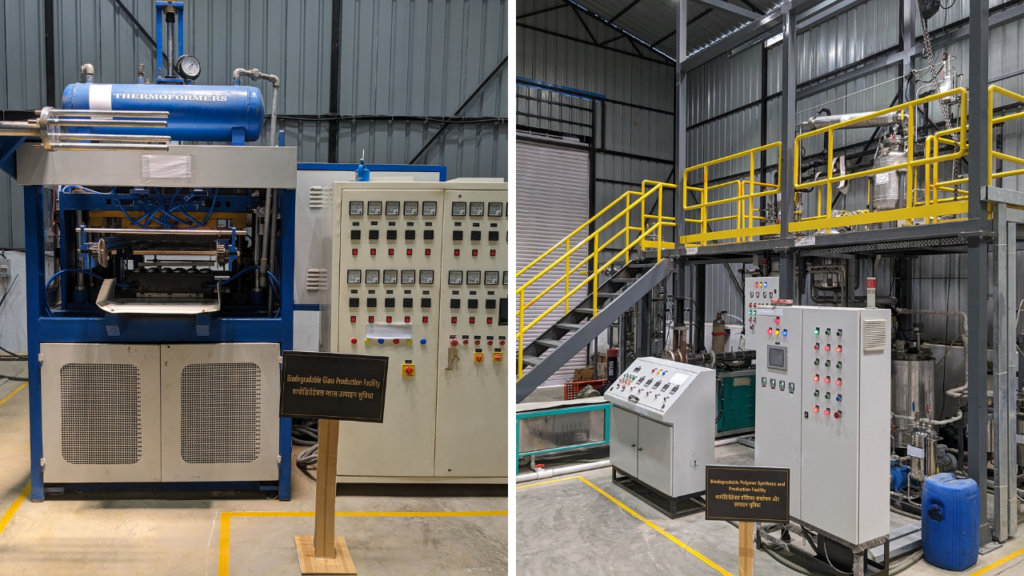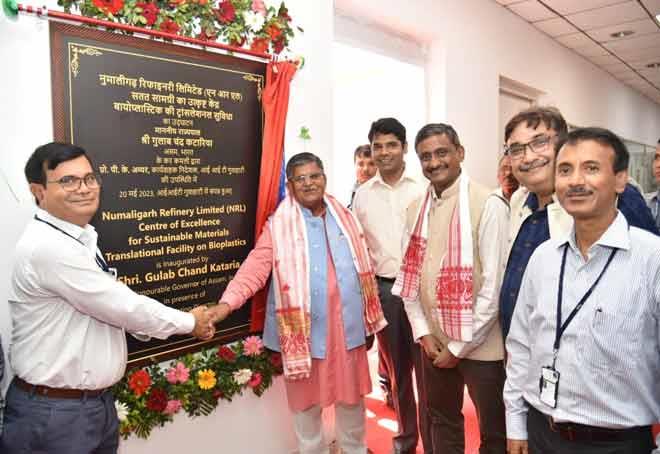In a significant step towards sustainable materials research, the Indian Institute of Technology (IIT) Guwahati has established the NRL-CoE (National Referral Laboratory – Center of Excellence) for Sustainable Materials Translational Facility. This specialized facility, dedicated to bioplastics, aims to accelerate the development and adoption of eco-friendly materials in various industries. By focusing on biodegradable and renewable alternatives to traditional plastics, IIT Guwahati is paving the way for a more sustainable future. Let’s explore the significance of this establishment and its potential impact on promoting environmentally friendly materials.
Addressing Plastic Pollution:
Promoting Research and Development:

Translating Research into Real-world Applications:
will provide a testing ground for prototypes, quality control assessments, and process optimization. This translational approach is crucial for ensuring the successful integration of bioplastics into everyday products, thereby driving the transition towards a more sustainable materials economy.
Educating and Raising Awareness:
Conclusion:


